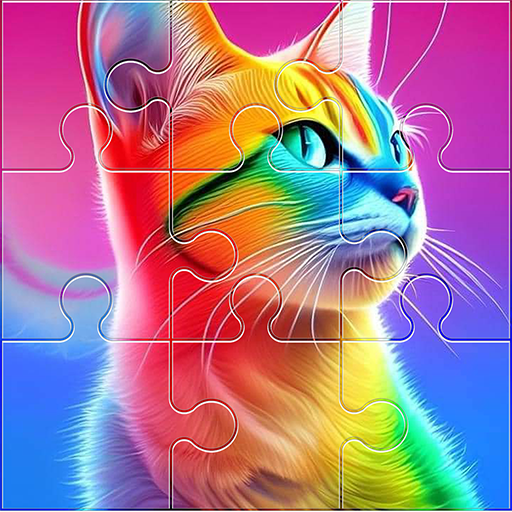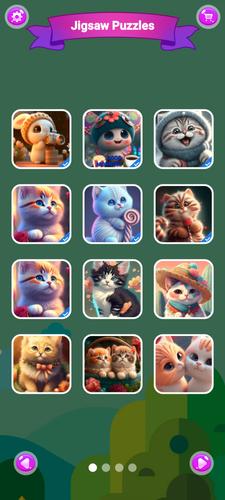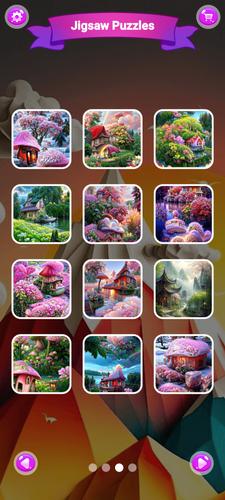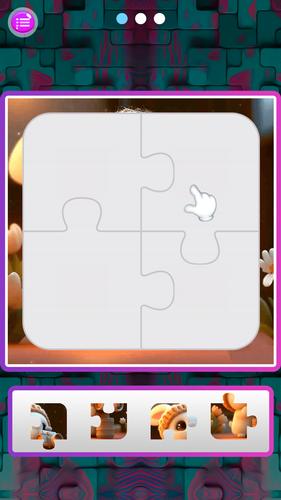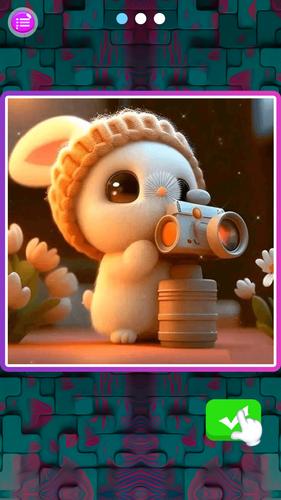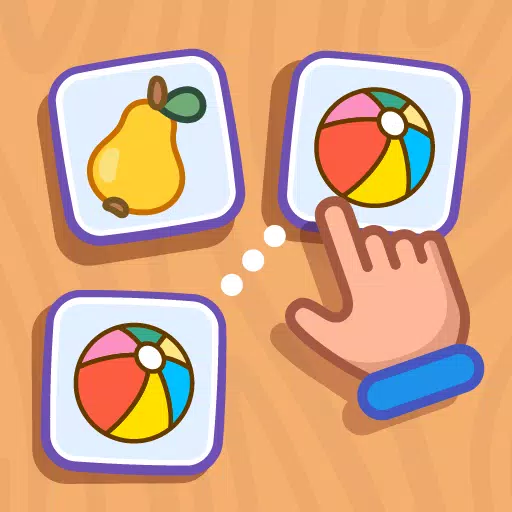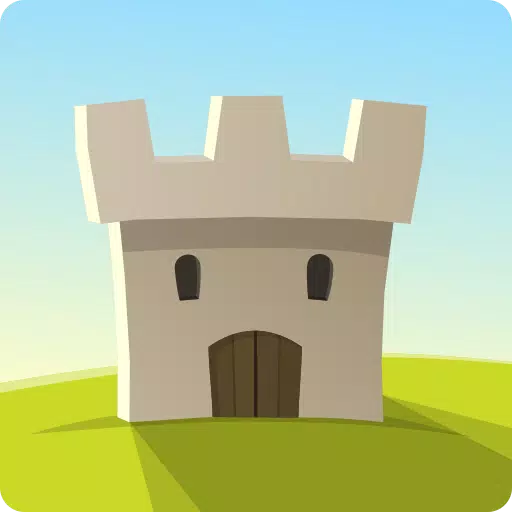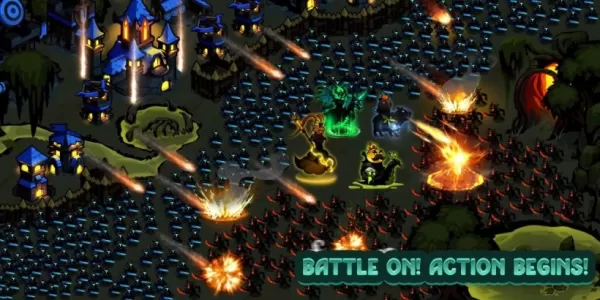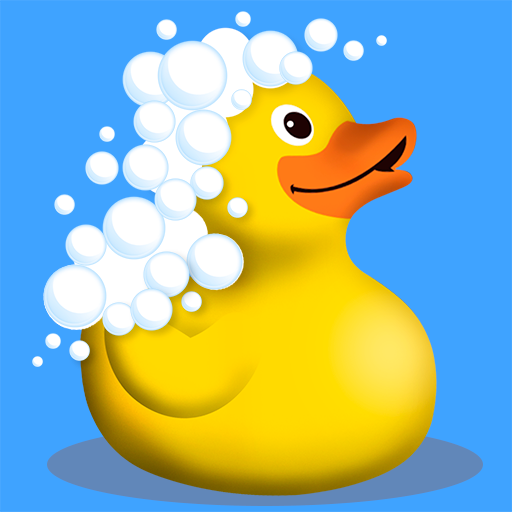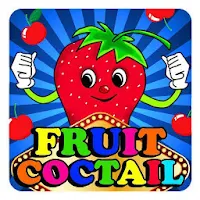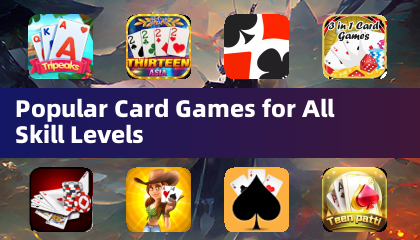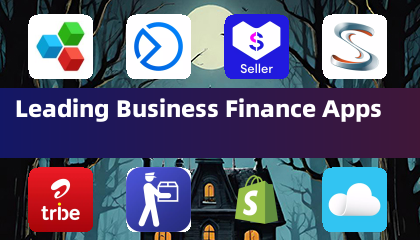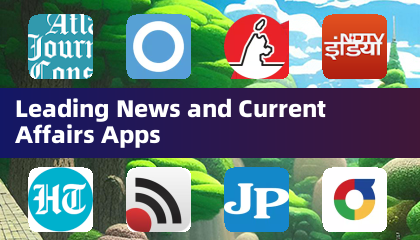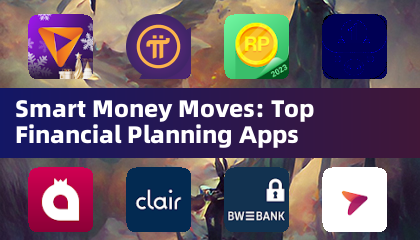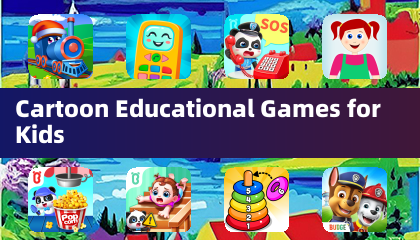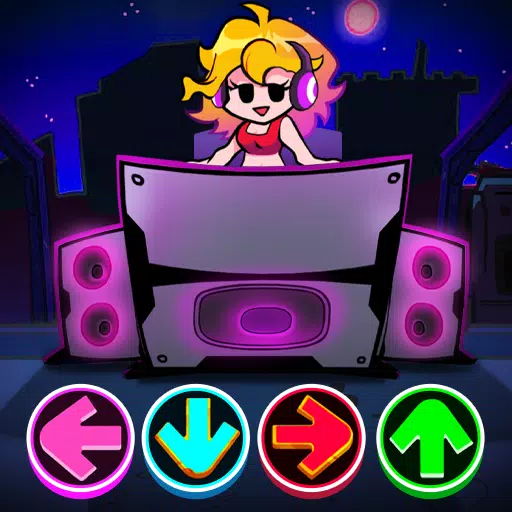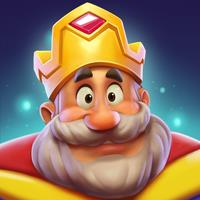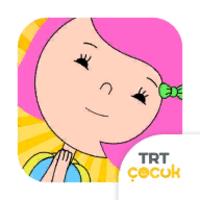Everyone is a genius, even if they occasionally snack on old Cheerios found on the floor! Give your mind a free puzzle, watch it work its magic, and you'll soon be convinced that a Nobel Prize is within reach.
Puzzles are beneficial for individuals of all ages. These brain-building activities not only enhance cognitive and fine-motor skills but also encourage cooperative play and boost problem-solving abilities. Puzzles provide a fantastic opportunity for quality time together, fostering a sense of achievement when completed. Moreover, they serve as an interactive tool to teach colors, letters, numbers, shapes, animals, and more.
There are various types of puzzles suited for different age groups. For one-year-olds, large, simple wooden puzzles with easily fitting shapes into cutouts are a hit. As children grow, they can transition to more advanced puzzles with pieces of varying sizes and configurations.
Initially, you might find more pieces ending up in the mouth than in their designated spots, but a bit of practice significantly improves hand-eye coordination. It's important to be patient and resist the urge to help too much; part of the fun is allowing little ones to figure things out on their own. During childhood, puzzles aid in tactile and sensory experiences, as well as understanding size differentiation and object recognition.
What's New in the Latest Version 1.2.1
Last updated on Jul 24, 2024
1. Add Daily Jigsaw

